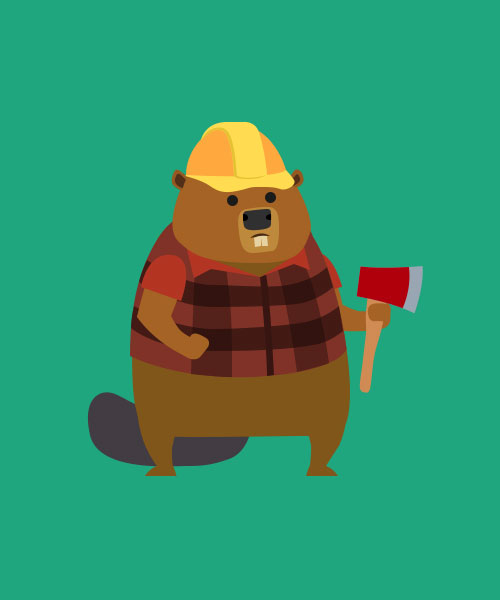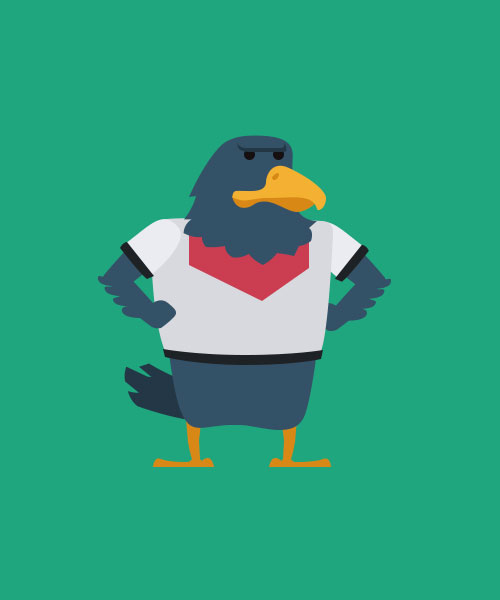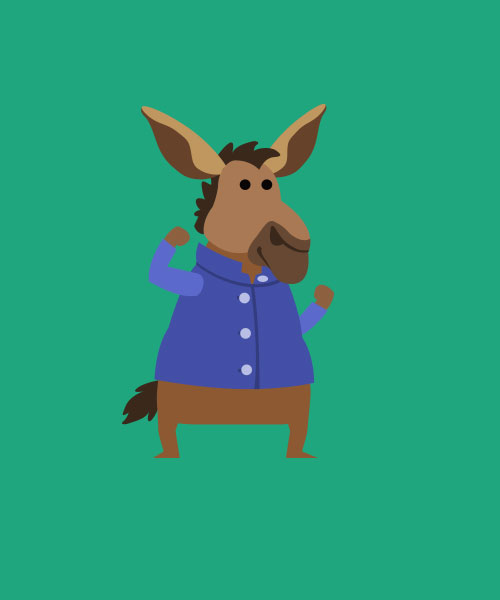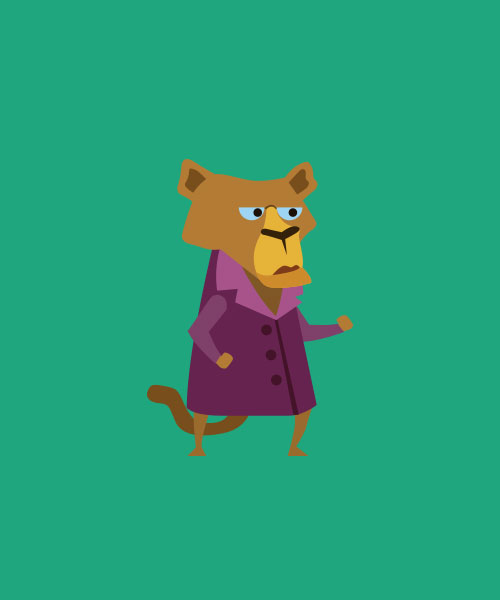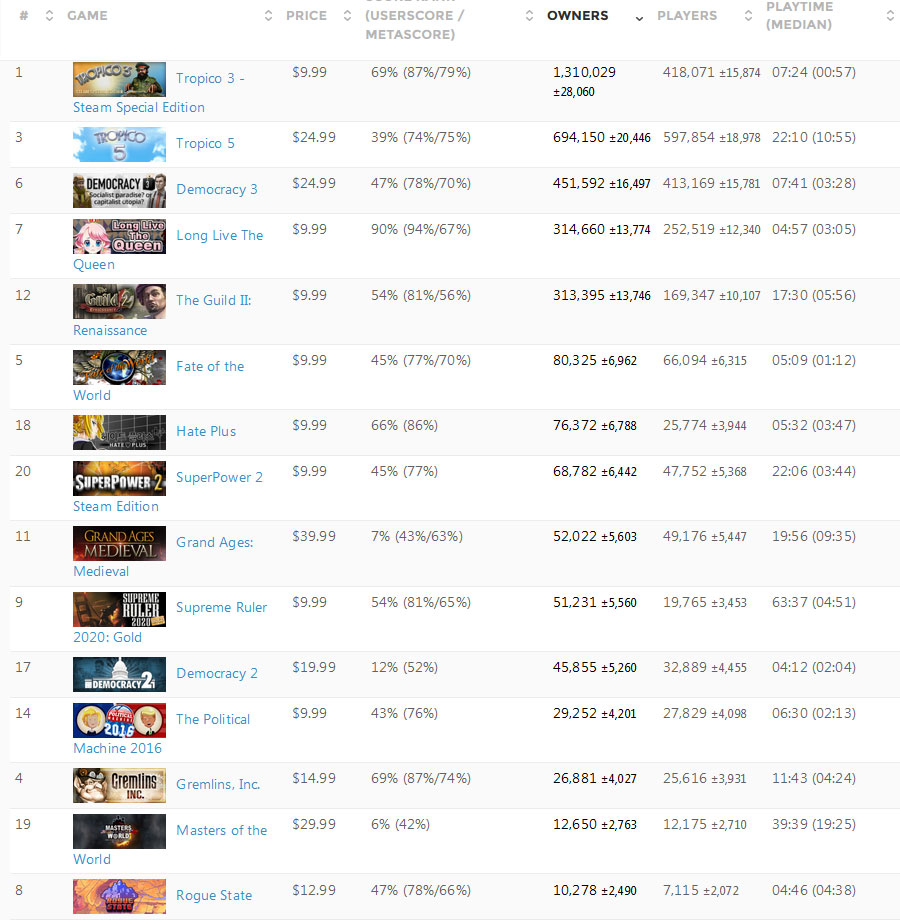This is probably the part of the pitch deck that developers are least interested in, but it's probably the most important for the publisher. Being able to identify and quantify what you need as devs may not be as interesting as actually talking about the game, but there is crucial information here that the publisher needs in order to decide whether to make you an offer.
I'm going to use some imaginary numbers here to help guide you through calculating what your costs will be. Let's assume that there are some monthly fixed costs that you know already:
Salaries - $10000
Office Rent - $2000
Now you need to think about all the other additional costs you may have. These include: Software licenses, an accountant, a lawyer, web design, music etc. Unless you've done this before, I know it can be bewildering to even imagine how to start calculating these costs. There are so many variables when it comes to making these estimates that ultimately the best advice I can give is make your best guess on these costs depending on where you live, and then pad increase that number by 10% to cover up any mistakes. So now let's say you ended up with $1000 average monthly cost for miscellaneous fees. Now your monthly cost is:
Salaries - $8000
Office Rent - $1000
Miscellaneous - $1000
At this point you should have a number that expresses your total monthly costs. Now estimate the time it will take you to finish the game. Multiply your monthly costs by the number of months and you should have a general idea of how much money you need from the publisher. Let's assume you need 1 year to finish the game. Using the numbers above, you can then say to the publisher I need $120k ($10k per month x 12 months in a year) in order to finish the game.
Our publisher might kill me for saying this, but don't be too worried about getting the numbers exactly right. There will always be room for error. They'll ask you questions about your numbers, and if they feel like you've estimated too high or low they'll correct you. The key thing is that you're at least close enough to your targeted monthly costs so that the publisher knows you've done your homework. More than anything I think the publisher wants to know that you've actually considered these things because most devs don't even bother.
Aside from the hard numbers, you should also define what you need in the pitch deck. For us, we knew that even though we were all veteran game developers none of us had shepherded an entire game to completion. We also knew that we did not have access to marketing, PR, press, conventions etc. and needed help on that end.
I want to point out once again that the numbers used here are not the actual numbers in our pitch deck.
What's your Break Even Point?
This isn't quite as important to the pitch deck, but is definitely important as background knowledge that a publisher may ask you. It's also a good way for you to decide if your project is financially viable, and how much risk you or the publisher is taking with the game.
The math is pretty basic. Using the previous numbers, we need $120,000 to finish the game. Our conservative estimate for our market is somewhere between 30,000 to 10,000 users, so lets say 15,000. Let's also assume our price point is $15, since that seems like a pretty normal price for indie games these days. Now lets multiply numbers of owners (15,000) with price ($15) and we get $225,000. Factor in Steam's cut by multiplying $225,000 by .7 (to get 70%) and you get revenue of $157,500.
That means that at a cost of $120,000, if we sold 15000 units at $15 per unit, we would make $157500 after Steam takes its cut. Take $157500 and subtract $120000 and you end up with $37500 to be split between you and the publisher depending on your publishing agreement. If you want to take this further, take the $37500 and divide it by your price point ($15) and you get 2500. Subtract that 2500 from the original 15000 units which assumed as your break even point, and you end up with 12,500 units as the minimum number of units you need to sell in order to break even.
I have taken many liberties with these numbers. First off, you have to assume that Steam sales and bundles will cut into your sales revenue. At the same time Steam isn't the only market in town, and outlets like GOG, the Humble Store, or your own website can make up to 20% additional revenue. As with the previous numbers, it's not necessary (and I feel impossible) for your numbers to be 100% accurate, so your end goal here is to find a number that you and the publisher can talk about. This is useful because now you have a number of units shipped to work towards, instead of just hoping to sell as many as you can.
Finding Publishers
Now that you have your pitch deck and build ready, it's time to find some publishers. Assuming you've already exhausted your personal network, this really just involves a lot of the time on the internet doing google searches for publishers. You should do your best to narrow down your search to publishers who might even have a remote interest in your game. For example, if you find a publisher that only does mobile F2P games, don't waste your time or theirs by pitching a PC only paid strategy game. Publishers who were high on my list included Positech (because Democracy 3) and Paradox Interactive (because strategy games). If you need help finding publishers, Steam Spy can also be helpful because it lists the publishers of games. For example Tropico 4 was published by Kalypso Media, so I can add them to the list of publishers.
After that, it's a matter of emailing the publishers with your build and pitch and seeing if anyone bites. You'll get a lot of rejections, and maybe a few nibbles. Those nibbles will stretch on into really long email threads as you and the publisher get to know each other. As mentioned previously it took more than a year after our initial contact with Positech before they signed off on the deal, and there were definitely moments where I thought that it wouldn't push through. Be patient and persistent, but don't push too hard. If the publisher says they're not interested, always thank them for their time and ask for advice about why they were not interested. Any knowledge you gain that way can be useful for you in the long run.
If you have friends who are devs that have started their own companies, don't hesitate to reach out to them and ask for their advice. You will ultimately have to make your own decisions when it comes to a publishing deal, but it's always better to make an informed decision. These people have gone through this process before so the information they share with you can be invaluable.
Final Thoughts
This ends my 3-part series on how Squeaky Wheel found a publisher in Positech Games. I apologize if this last one was disjointed and not as easy to read as the previous two. Convincing a publisher to give you money to make your game is a long, difficult, and oftentimes bumpy road. There were many times I felt like I was flying blind so I hope that this was of some use to people. If you have questions or want me to talk about things that I missed out on, please feel free to respond in the comments and I'll do my best to answer them.
Thanks for reading, and if you'd like to be updated on the latest Political Animals news, please sign up for our mailing list!























